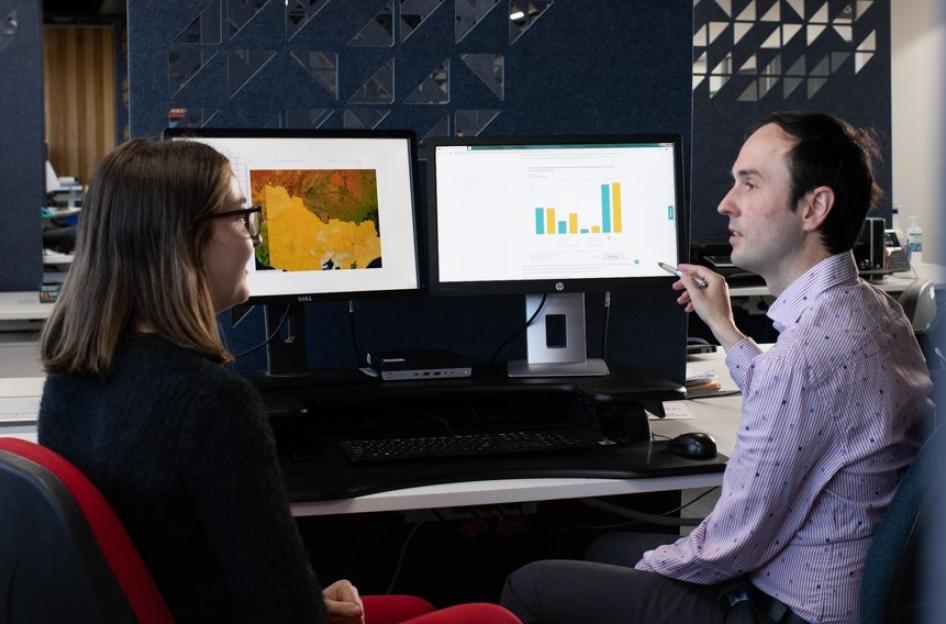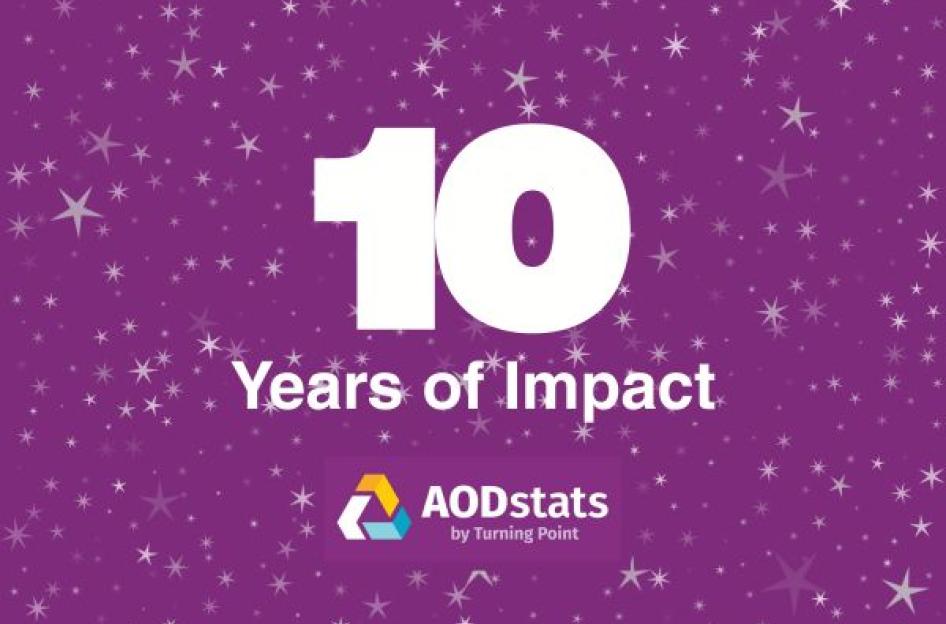Investigating the social benefits of drinking to minimise alcohol harms
Researchers are conducting an online survey to explore the unique dynamics of drinking cultures among nurses and midwives.

Nurses and midwives work in fast-paced, unpredictable and under-resourced settings. Many encounter trauma, suffering and aggression while caring for patients.
How do these pressures influence their drinking practices?
A team of researchers from La Trobe University and Monash University intend to answer exactly that question and more.
“Drinking cultures among occupational groups is an important area for research and intervention because most Australians spend a lot of time at work and interacting with co-workers,” explains Dr Nyssa Ferguson, an Associate Researcher at La Trobe University who is leading .
Alcohol may not be a part of many workers’ occupational settings, she explains, but for others, it can play a big part in terms of socialising both during and after work.
Whether after a long shift or during work-related events, drinking together can be a vital outlet for many professionals, providing an opportunity to socialise, unwind and connect with colleagues in a supportive environment.
“Current academic literature largely characterises workplace-related drinking as a harmful practice that requires strict regulation to avoid negative health and societal consequences,” explains Dr Ferguson.
By considering the nature, meaning and purposes of nurses and midwives coming together to socialise and drink, the researchers intend to add a deeper nuance to that narrative.
They have launched an online survey aimed at exploring how alcohol consumption plays a role – whether positive or negative – in the lives of nurses and midwives.
More survey respondents are needed
Early insights from the study show that work-related drinking among nurses and midwives can provide positive benefits that support everyday workplace relations, explains Dr Ferguson.
“Participants have reported that attending work-related drinking events can provide an opportunity to socialise with co-workers, debrief about work, relax and foster social connections with colleagues,” she says.
“Building on these insights, further responses to our survey will enable us to understand why nurses and midwives like to drink in social groups,” Dr Ferguson says.
By participating, Victorian nurses and midwives can contribute to a more nuanced understanding of any benefits or problems they may experience as a result of drinking cultures among their professional groups.
In turn, this insight can help researchers, healthcare managers and policymakers identify opportunities to promote positive encounters with alcohol and improve workplace support systems.
Victorian nurses and midwives are being invited to take part in this important research study by completing the survey here: https://redcap.latrobe.edu.au/redcap/surveys/?s=KAPMXC8T4XDCCD7P
The research is funded by the Australian Research Council and the Victorian Health Promotion Foundation (VicHealth) and has received ethics approval [HEC24170].
For media enquiries email [email protected] or call 0478 854 644.









